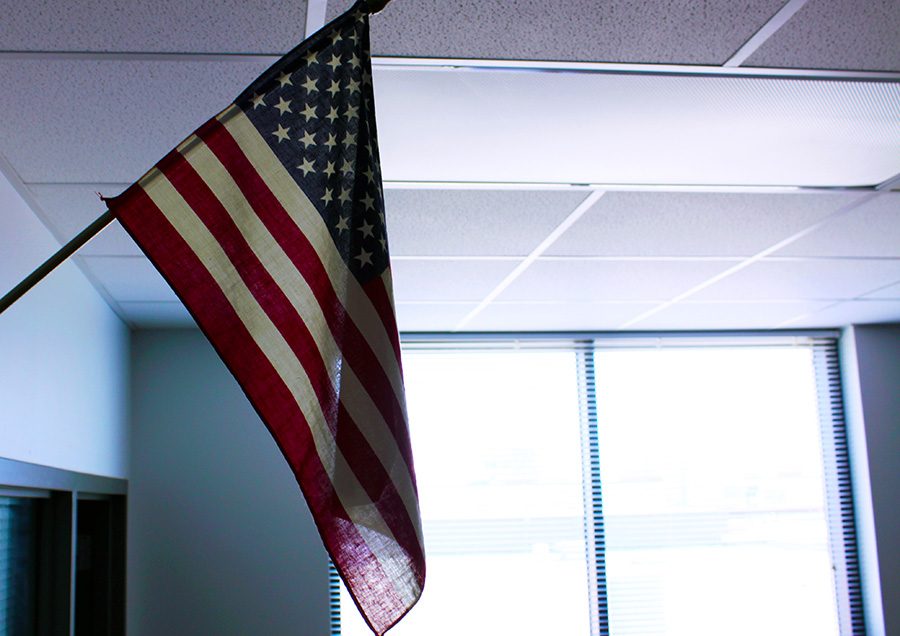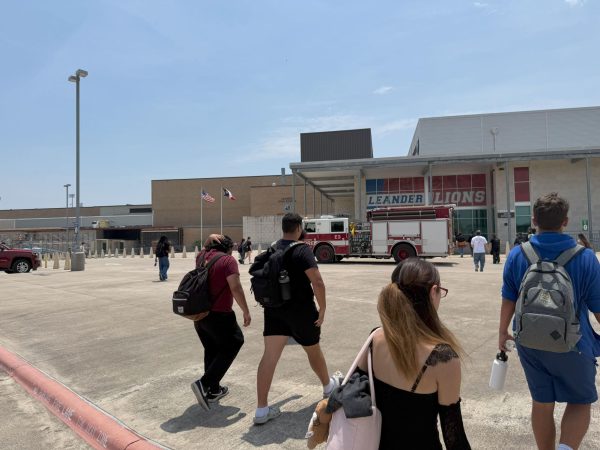To say or not to say the Pledge of Allegiance
Texas school policy takes away students rights
Students have protected rights but school rule set by Texas have taken them away. Those protected rights should not leave students when they come to school.
October 5, 2016
In multiple supreme court cases, the first amendment has been used as a defender for students rights. One of those rights is not saying the pledge of allegiance. In the Supreme Court case West Virginia State Board of Education v. Barnette, it was stated that, “Free speech in this case meant the right not to say something, in this case, the Pledge of Allegiance.”
Yet Texas has chosen to ignore a supreme court ruling. Instead, in its policy Code § 25.082, “The board of trustees of each school district and the governing board of each open-enrollment charter school shall require students, once during each school day at each campus, to recite:
(1) the pledge of allegiance to the United States flag in accordance with 4 U.S.C. Section 4; and (2) the pledge of allegiance to the state flag in accordance with Subchapter C, Chapter 3100, Government Code.[FN1]”
Now, if a student sends in a written note signed by their parent then they can be excused from saying the pledge. Some may say that this is okay, that students have an option not to say it. But that is saying students can’t have their freedom of speech unless they get written permission.
Also, what if the student’s parents don’t want their child to express their own independent political thoughts? Then that student is stripped of their right, specifically their first amendment rights. Because in Texas, a student was already suspended for not reciting the pledge of allegiance. In an LISD district, it is a policy to say the pledge. If a student doesn’t, they can be written up and sent to ISS based on the decision of the teacher.
This is possible because in the LISD student handbook, it specifically states that students are required to say the pledge. It also says under the section “Discipline and Student Management,” that all students are expected to follow set procedures and rules. To not follow them can be cause for teacher or administrators to choose a form of discipline.
So if a student follows their first amendment right, a right that has been protected for students by multiple supreme court case, they can get in trouble. And not for just staying silent during the American pledge, but also the Texas one.
Students have rights. They do not vanish when kids walks through the school doors.








